february 14th
February 14th: A History of Valentine’s Day in Japan
James Lau
Posted on January 23, 2024
Share:

February 14th is a day of love, romance, and heartfelt gestures across the globe. While many are familiar with the Western traditions associated with Valentine’s Day, let’s look into how Japan celebrates this romantic day! From its origins to customs, discover how Valentine’s Day in Japan is something different!
What is Valentine’s Day?
Valentine’s Day is a celebration of love and affection held on February 14th. It started as a way to celebrate Saint Valentine’s life. Today, it involves the exchange of cards, gifts, and symbols of affection between loved ones. In many Western countries, it’s also a day to express romantic feelings and appreciation for partners, friends, and family. Many people might also choose to celebrate with a romantic date!

The holiday gained popularity in Japan around 1958, but it was in the late 1970s that Valentine’s Day became a part of Japanese society. The “Japanese-style Valentine’s Day” also emerged, where women express affection by giving chocolates to men. The holiday became a marketing strategy by confectionery stores to boost the decline in sales during February.
How did it arrive in Japan?
Morozoff Confectionery in Kobe came up with the idea of Valentine’s chocolates. They advertised it in an English newspaper in 1936. The company created heart-shaped chocolates in the 50s. Afterward, other Japanese chocolate makers copied their ideas and created “Valentine’s Day” sales. As a result, half of the Japanese chocolate makers’ sales are from Valentine’s Day.
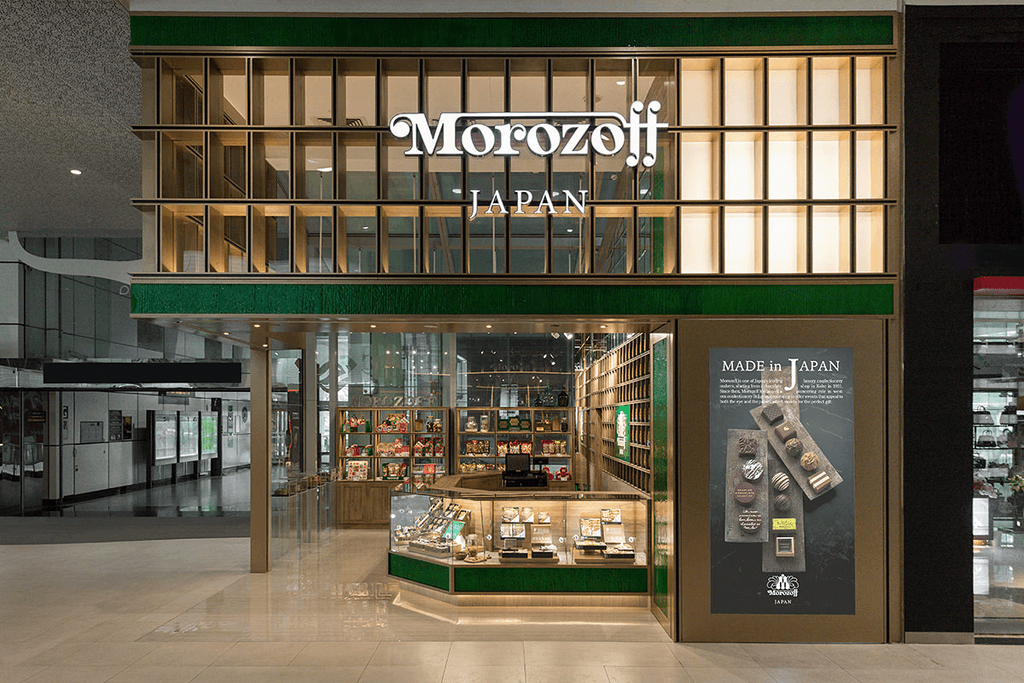
As a result, Morozoff’s help in creating Valentine’s Day as a tradition in Japan reached the masses. In 1992, a statue of love from the Italian city of Terni was sent to Kobe. It recognized it as the birthplace of Valentine’s Day in Japan. Japan has no religious ties to Valentine’s Day. Instead, they create traditions from within, much like Christmas.
Are you looking for some fantastic treats this Valentine’s Day? Check out Sakuraco! Sakuraco delivers traditional Japanese snacks, teas, and sweets from local Japanese makers directly to your door so you can enjoy the latest delicacies directly from Japan!
What makes it different from February 14th in the West?
Valentine’s Day in the West is commonly famous for men expressing love through gifts and planning romantic dates for their partners. However, there are instances where women, families, and even platonic friends celebrate the holiday together. In contrast, Japan’s Valentine’s Day has women as gift-givers, mainly handing out sweets or chocolates to men. Unlike the various gift options in Western countries, Japan associates Valentine’s Day with giving chocolates and just the right amount to show your feelings.

From January until Valentine’s Day, Japanese chocolate makers sell chocolates to help women “kokuhaku” or confess feelings. This approach quickly gained popularity and influenced the relationships between Japanese men and women. Another way that Japan’s Valentine’s Day is different is that the romantic date night that the West associates with Valentine’s Day is held on Christmas Eve.
What are some common traditions in Japan during Valentine’s Day?
Chocolates are very popular in Japan during Valentine’s Day. Homemade chocolates are a more personal gift, especially if the girl is in a romantic relationship or wishes to confess. These chocolates are “Honmei Choco,” or real-feeling chocolate. Other chocolates like “Giri Choco” are to be given in platonic, social aspects, or “Tomo Choco” for friends.
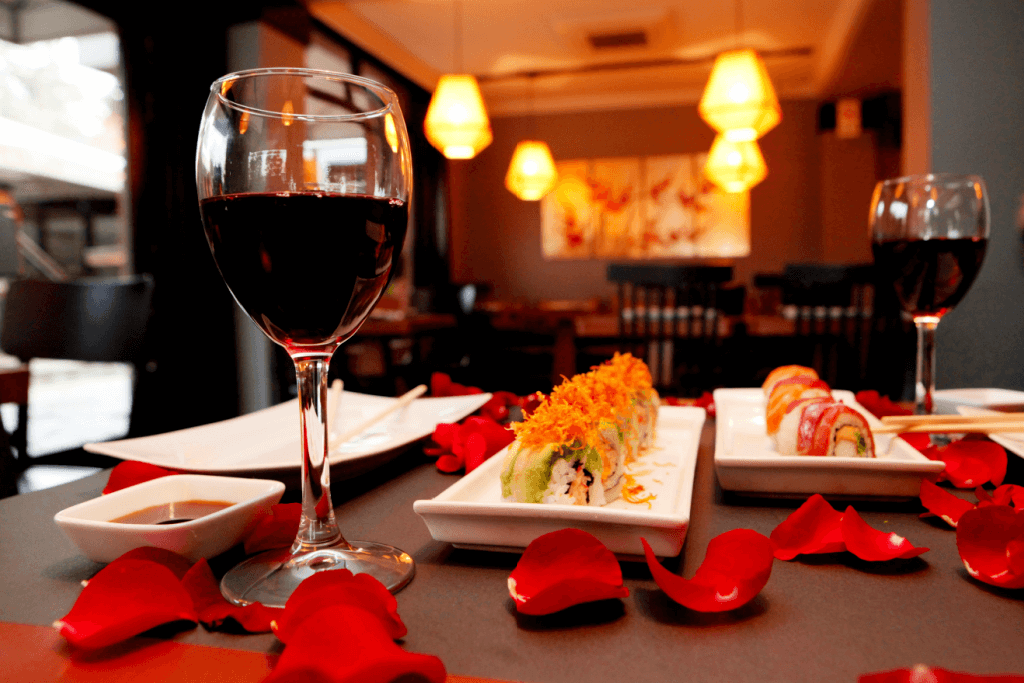
But what about the boys? If Valentine’s Day is about the girls giving to the boys, what do the boys do? While there are some cases of “Gyaku Choco” or reverse chocolate where boys give to the girls, boys usually return the favor to the girls who gave them something on March 14th. Men are expected to give the girls something two to three times more valuable than –they received.
Why is February 14th special in Japan?
Valentine’s Day holds special significance in Japan thanks to the unique cultural celebrations created in Japan! It is a day when emotions are openly expressed through exchanging chocolates and strengthening relationships. The anticipation and excitement leading up to Valentine’s Day create a festive atmosphere, making it a special occasion for people of all ages!
As we explore the history and customs surrounding Valentine’s Day in Japan, it’s clear that the celebration is a significant part of Japan! From the initial introduction fueled by the chocolate industry to the unique practice of women showing their affection, Japan’s Valentine’s Day offers a refreshing perspective on love’s most popular holiday! There’s no telling how this holiday could change in the future!
As February 14th approaches, let’s appreciate the cultural diversity that shapes our celebrations of love. Valentine’s Day essence is the same in the East and the West. It is a day to cherish and celebrate the bonds that connect us. You can celebrate Valentine’s Day in the Japanese way. Give chocolates to people who are precious to you. Why not try something new? Have you ever experienced Valentine’s Day in Japan? How was your experience? Let us know in the comments below!
Discover authentic flavors with Sakuraco
Get Sakuraco 

Discover authentic flavors with Sakuraco
Get Sakuraco 
Related Articles
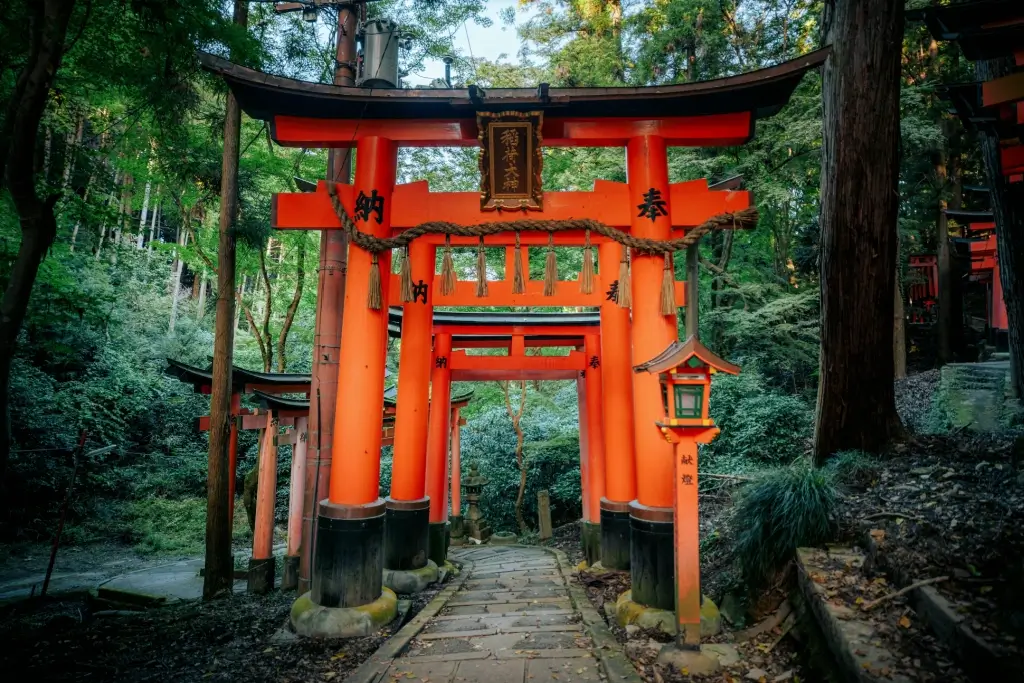
Kyoto Shrines: Five Best Ones to Visit!
Kyoto shrines preserve history within their walls, and their network carries the old days into modern Japan. Visiting them can be a memorable way to learn about Japan’s past and understand how spiritual traditions coexist with modern life.

Cherry Blossom Flower Variety Across in Japan: The Ultimate Guide!
Many people know the soft pink cherry blossoms. However, sakura in Japan includes a wide variety.
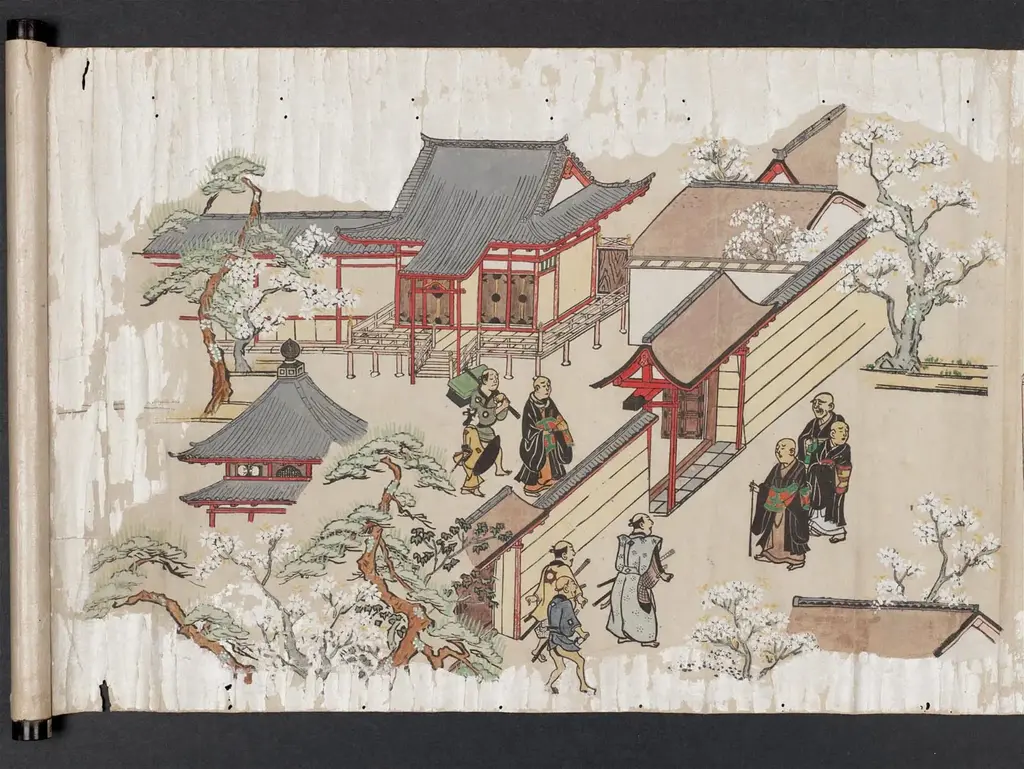
Cherry Blossom Petals and the First Hanami “Pictures”
Cherry blossom petals and hanami feel timeless, but this spring tradition has a clear story. The first hanami “pictures” were not phone photos. They were written records, poems, and paintings made over 1,200 years ago at the imperial courts in Japan.
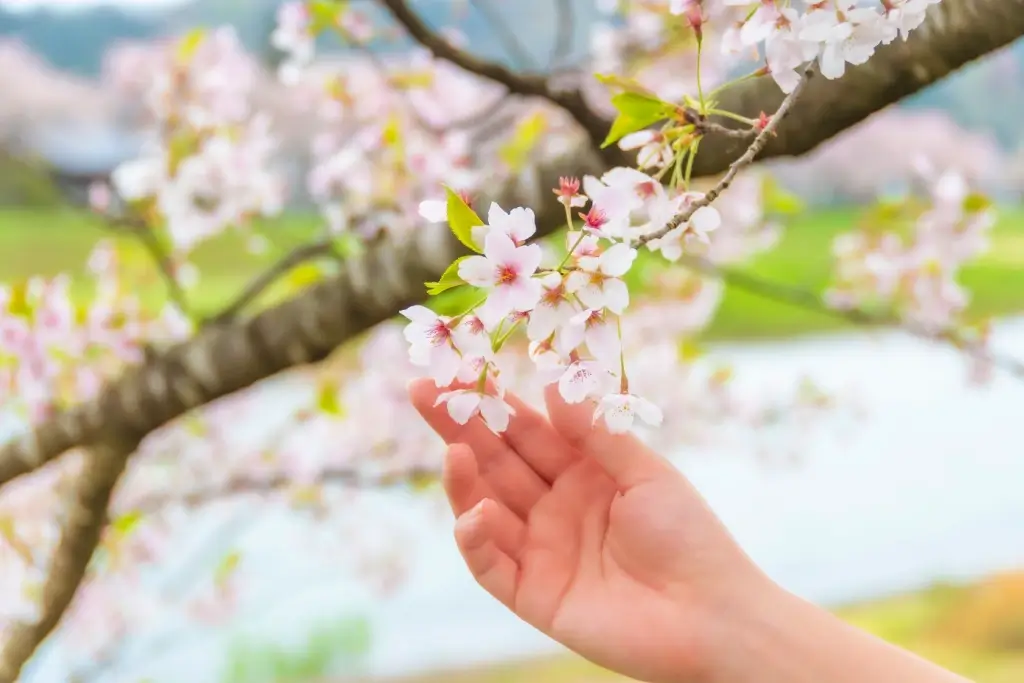
Sakuramori: Who Are The Cherry Blossom Guardians?
Cherry blossom trees, also known as sakura, hold a special place in Japan. People called sakuramori protect and care for these trees. Sakuramori means “cherry blossom guardians” in Japanese. They work hard to keep old trees healthy and plant new ones. Their efforts ensure everyone can enjoy the pink blooms each spring, keeping them healthy and people happy.



